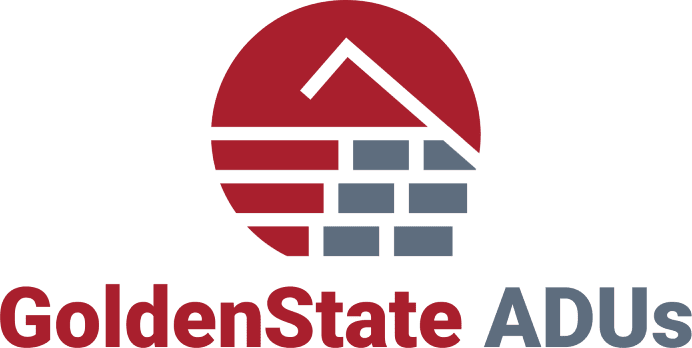Partnered with #1 ADU Builders
Contact Golden State
Drop us a line! We look forward to discussing your next project with you!
Cut the chase! Schedule a face-to-face virtual meeting with us today to dive into your project's next steps.
For our returning clients, experience our streamlined, contact-free project proposal process. Simply fill out our short project questionnaire, and we'll deliver your project proposal within 72 hours.
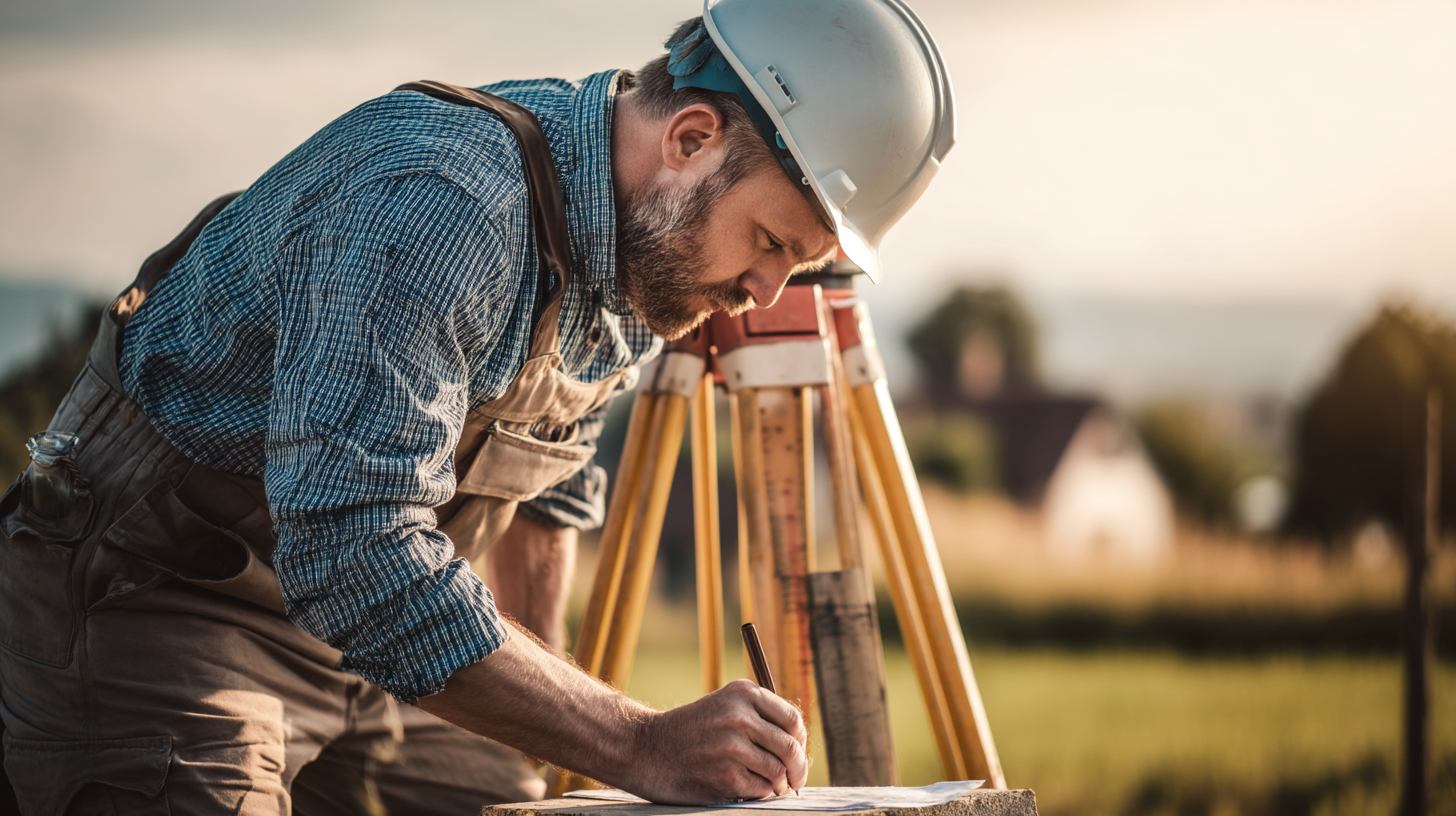
- Golden State Design & Engineering
- Comment 0
What Is the Cheapest Type of Land Survey: A Comprehensive Guide for California Property Owners
Looking for the cheapest type of land survey, while understanding land survey cost implications, whether you need a basic boundary survey, a mortgage survey, or a new construction survey, this comprehensive guide helps property owners in California make informed decisions. At Golden State Design & Engineering (GSDE), we help property owners navigate land survey, boundary survey, property lines, professional land surveyors, and licensed surveyors with a clear focus on value and precision.
What Is a Land Survey and Why Is It Crucial for Property Owners
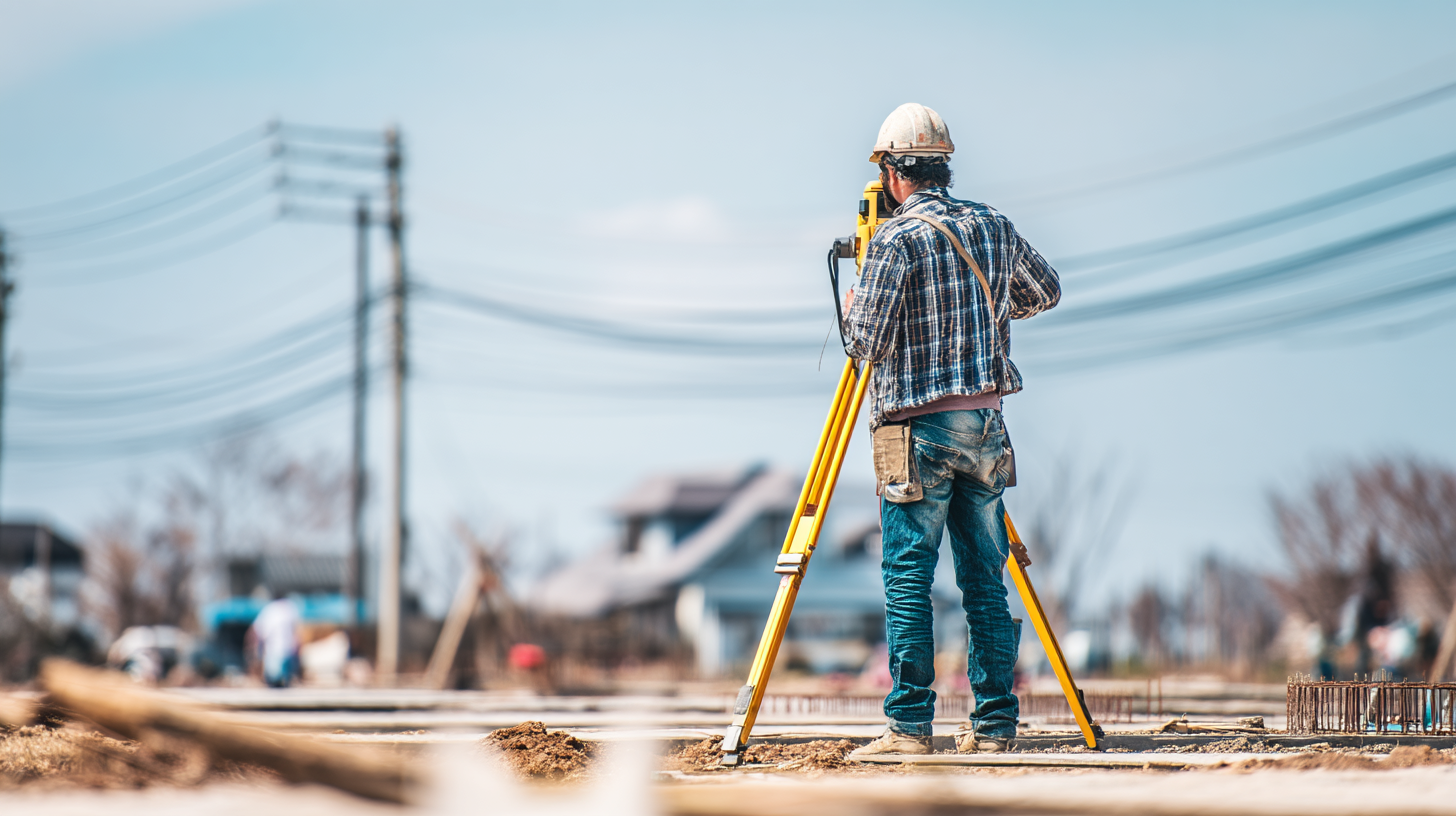
A land survey is the foundational assessment to establish property boundaries, property lines, natural features, and land features for real estate transactions, construction, legal disputes, or zoning permits. Property surveys define property corners, exact boundaries, existing site improvements, and legal documents such as the legal description. Whether you need a land survey to settle boundary disputes, plan a home improvement or landscape construction project, or secure permits, understanding what a professional land surveyor delivers is vital.
Land Survey Cost Overview and Average Cost Trends
When exploring how much a land survey costs and what is the cheapest type of land survey, cost factors play a major role. According to several national cost guides, a professional land survey costs between $376 and $768, with an average land survey cost of $543. Other sources show hiring professional surveyors generally ranges from $522 to $956, with a national average of $707. Typical land survey cost averages $525, ranging from $375 to $745. These wide price ranges underscore that land survey costs vary based on land characteristics such as size, terrain, survey type, and location.
Types of Land Surveys and Their Typical Costs
Below is an in-depth look at various survey types, including land survey cost ranges and applicable uses:
Basic Boundary Survey
A basic boundary survey identifies legal property boundaries, property corners, and boundary lines. It is commonly used to resolve boundary disputes, install fences, or validate property lines for improvements. Cost ranges from $100 to $700.
Mortgage Survey
A mortgage survey, also referred to by some as an ALTA/NSPS survey for lenders, is often the cheapest type of land survey for lenders, serving as a location check. Typical cost ranges between $350 to $650.
Topographic Survey
Topographic surveys document elevations, contours, and natural features. These are essential for grading and planning site improvements. Cost ranges from $500 to $1,200.
American Land Title Association (ALTA) Survey
An ALTA survey, a comprehensive type of land survey typically requested by title companies for commercial property buyers, explores boundary lines, easements, legal documents, and encroachments. Cost runs from $1,200 to $3,000, and sometimes higher.
As-Built Survey
An as-built survey documents existing improvements and their precise location and elevation. Common in renovation or home improvement projects, cost ranges from $800 to $1,200.
Construction Survey
Construction surveys, including new construction surveys, guide new construction projects by marking exact layout and boundaries for builders. Typical cost ranges from $1,000 to $2,000. Most professional land surveyors recommend this type of survey for any significant building or landscape construction project to ensure compliance and accuracy.
Subdivision Survey
A subdivision survey divides a property into multiple parcels and produces legally recorded plat maps. Average cost is around $300 to $1,000.
Additional types include fence land surveys (property line verification for landscaping or fencing, $250–$1,000) and plot or plat surveys for subdivisions or small development plans (as little as $100–$200 for basic developer plot plan).
What Is the Cheapest Type of Land Survey?
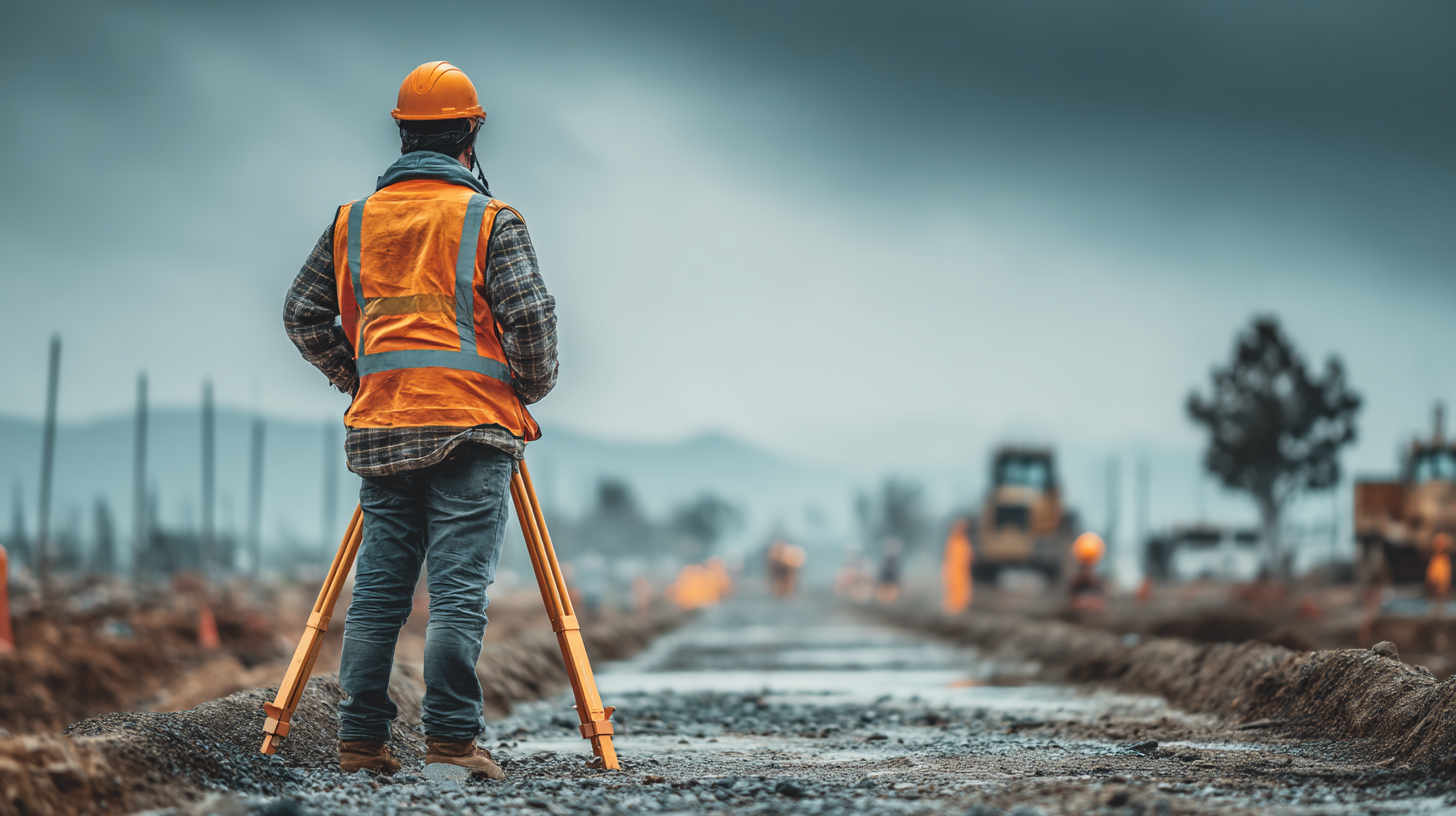
Identifying the Most Affordable Option
A quick comparison reveals that among professional survey options, a mortgage survey often represents the lowest land survey cost, typically between $350 and $650. The basic boundary survey is slightly higher, ranging from $100 to $700, with $400–$700 or $100–$600 ranges commonly cited. When listing by low price, the mortgage survey typically wins but may lack the legal precision or boundary marking a full boundary survey provides.
Why Mortgage Survey Costs Less
A mortgage survey is minimal, often using visual checks, property records, lender requirements, and does not require marking property corners or producing legal boundary documentation. This keeps land survey cost down, though it may not be acceptable for permitting, zoning, or construction planning.
When a Basic Boundary Survey Offers More Value
If property owners are planning improvements, construction, or addressing boundary disputes, investing slightly more in a basic boundary survey yields exact boundaries and legal documentation. It ensures construction, fencing, and home improvement project plans align with property lines and helps avoid disputes.
Factors That Influence Land Survey Cost
Multiple variables affect surveys cost, so property owners should plan ahead and understand cost factors:
Property Size and Terrain
Larger parcels cost more due to increased fieldwork. Difficult terrain, steep slopes, vegetation, or limited access can raise rates significantly.
Location and Availability of Professional Land Surveyors
Urban areas have higher labor rates, and remote locations increase travel time and cost. Availability of licensed surveyors also influences cost. Surveys in Southern California, for instance, range from $950 to $1,800. The proximity to the surveyor’s office can also impact pricing due to travel time.
Survey Type and Complexity
Land survey costs vary with survey type. Standard boundary surveys are cheapest, and topographic or ALTA surveys are more detailed and costly.
Existing Property Records
Availability of accurate property records, plats, or past surveys reduces labor and costs. Conversely, locating old records or reconstructing corners increases scope and cost.
Time of Year and Demand
Surveying in heavily vegetated or inclement seasons may increase costs due to difficulty. Spring and summer may offer smoother field conditions and potential pricing advantages.
How Much Does a Land Survey Cost Overall

National Average Cost
Across survey types, national average land survey costs range from $500 to $1,200 for typical lots. A typical boundary survey for a half-acre runs $375–$745 with average at $525.
Large Parcels and Acreage Cost
Surveying 6 acres may cost $1,500 to $2,800. 40 acres could range $4,000 to $12,000. Larger undeveloped or raw land includes significant scope and cost escalation.
California Cost Specifics
In California urban zones, average land survey cost runs $650 to $1,500 or more, often exceeding national averages.
Extreme Variability by Project
Average land survey cost is $2,300, but can span $475 to $25,000, depending on survey type, property size, and records availability. Homeowner reviews echo this variation, citing small suburban boundary survey costs around $800, while complex terrain may exceed $5,500.
How to Choose the Right Survey Type for Your Project
Aligning Purpose with Survey Type
Ask what you need: a basic mortgage lender check, legal property boundaries, siting for construction, or measurements for permit applications. Choose the survey that covers your purpose without paying for unnecessary detail.
Balancing Cost with Risk
The cheapest type of land survey may not serve future needs. Spending a bit more on a boundary or topographic survey prevents boundary disputes, fencing mistakes, permit rejections, or construction setbacks.
Collaborate with Professional Land Surveyors
Use licensed surveyors or professional land survey firms to ensure accuracy, legal compliance, and long-term protection. GSDE’s integrated approach includes architectural design, civil engineering, permitting, and coordinated land surveying across our service areas.
Plan Ahead and Gather Property Records
Prepare by gathering all available plats, deeds, and personal records of past surveys. This helps clarify property lines and accelerates the process, reducing final cost. Planning ahead also helps avoid last-minute rush fees.
The Hidden Cost of Choosing the Cheapest Land Survey
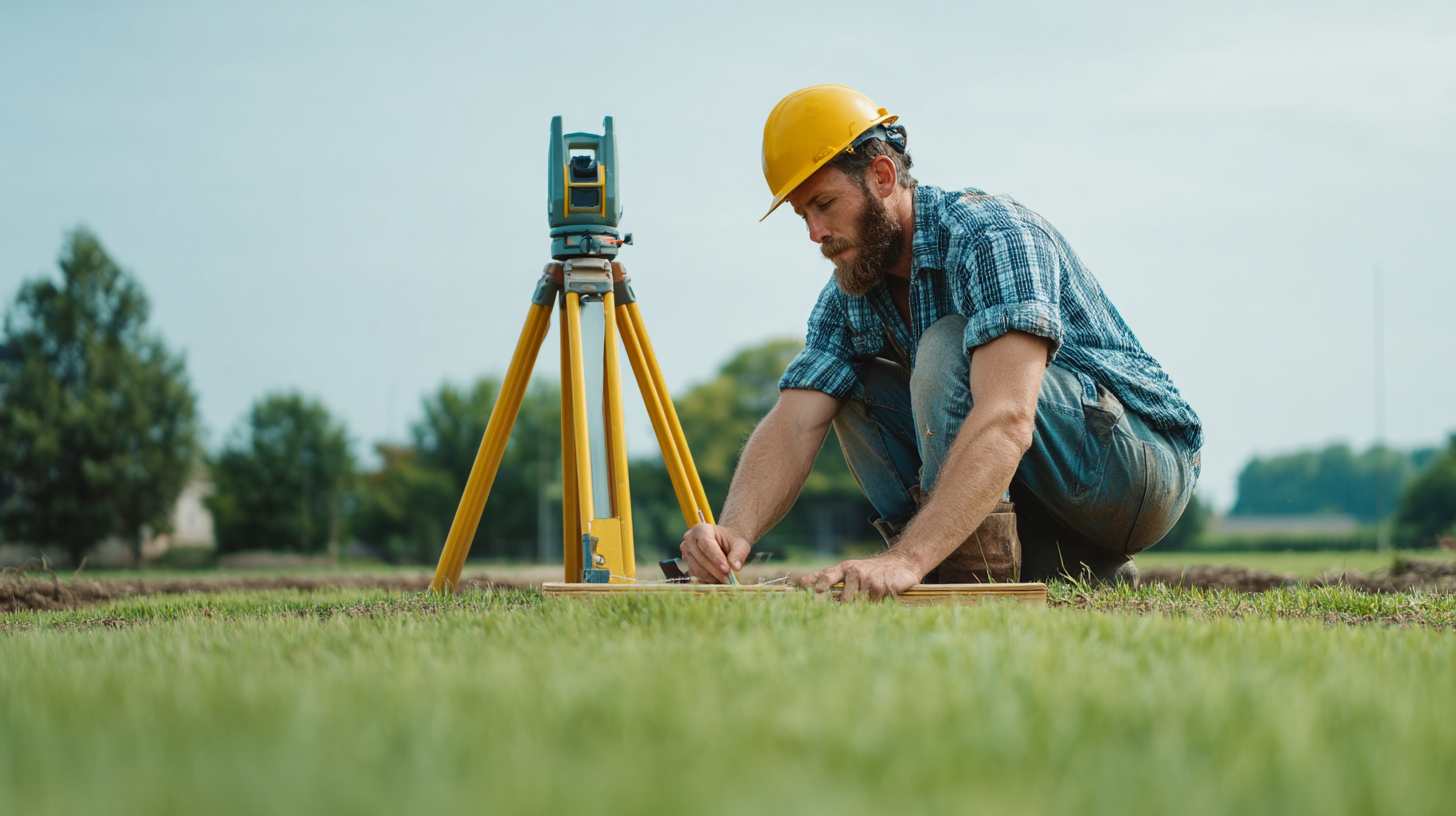
Real-World Consequences
A homeowner who used a minimal mortgage survey found later that the neighbor’s fence encroached on their property by three feet. Relocating that fence cost far more than a proper boundary survey. Boundary disputes often arise from incomplete surveys or outdated records.
Permit Challenges and Legal Risks
Permitting authorities may reject applications without accurate boundary lines, staking, or topo data. Disputes or construction error due to misplaced property corners lead to delays and expense. Investing in accurate surveying upfront avoids these risks.
How GSDE Helps Clients Choose the Right Survey at the Right Price
At GSDE, we guide property owners through survey selection tailored to need, project type, terrain, zoning, and cost sensitivity. We act as your consultant, not just a provider of a cheap option.
We collaborate across disciplines, delivering surveys that support architectural design, civil engineering, permitting, and construction goals. Our clients benefit from integrated project planning and bundled service value.
We serve Sacramento, Folsom, El Dorado Hills, Santa Rosa, San Jose and surrounding California communities with efficient, accurate, and cost-effective land survey solutions. Contact GSDE for a detailed consultation and accurate quote based on your property and goals.
Frequently Asked Questions
Is a mortgage survey sufficient for a home improvement project?
No, it’s primarily for mortgage lenders. You need at least a boundary survey to confirm property lines for home improvement projects or construction.
How can I reduce land survey cost in California?
Plan ahead, choose the correct survey type, provide existing property records, avoid peak season, and obtain itemized quotes from licensed surveyors.
What survey type do I need for zoning permits?
Often a boundary or topographic survey is required, depending on your local jurisdiction and project type.
Are surveys cost deductible for investment property?
Possibly. If the survey is part of investment property planning, consult your tax advisor for deduction eligibility.
What is the typical land survey cost timeline?
Simple surveys take days to weeks. More complex or larger acreage surveys may take several weeks, depending on site access, documentation, and scope.
Conclusion
Understanding what is the cheapest type of land survey is important, but the lowest cost doesn’t always deliver the value or accuracy needed. A mortgage survey may be the cheapest estimate, yet a basic boundary survey provides legally defensible guidance over property lines, reducing future issues. Survey types like ALTA survey, topographic surveys, construction survey, subdivision survey, and as-built survey offer varying detail and cost tiers.
Land survey costs vary widely, based on terrain, property size, location, and survey type. The national average ranges from $500 to $1,200, but can be higher depending on complexity. GSDE helps clients evaluate survey needs, balancing cost and purpose, ensuring clarity, compliance, and long-term project success.
Need a survey or want help comparing survey type costs? Reach out to Golden State Design & Engineering for expert guidance from professional land surveyors and conversion-focused integrated service support. cost of a land.
#NAICS’s:
- 541310 Architectural Services &
- 541330 Engineering Services
DUNS NO:
- 119132267
#SIC’s
- 8712 Architectural Services &
- 8711 Engineering Services
Cage #
- 9R4L5
#UNSPSC’s:
- 81101500, 81101502, 81101505, 81101508, 81101526, 81101533, 81101522
